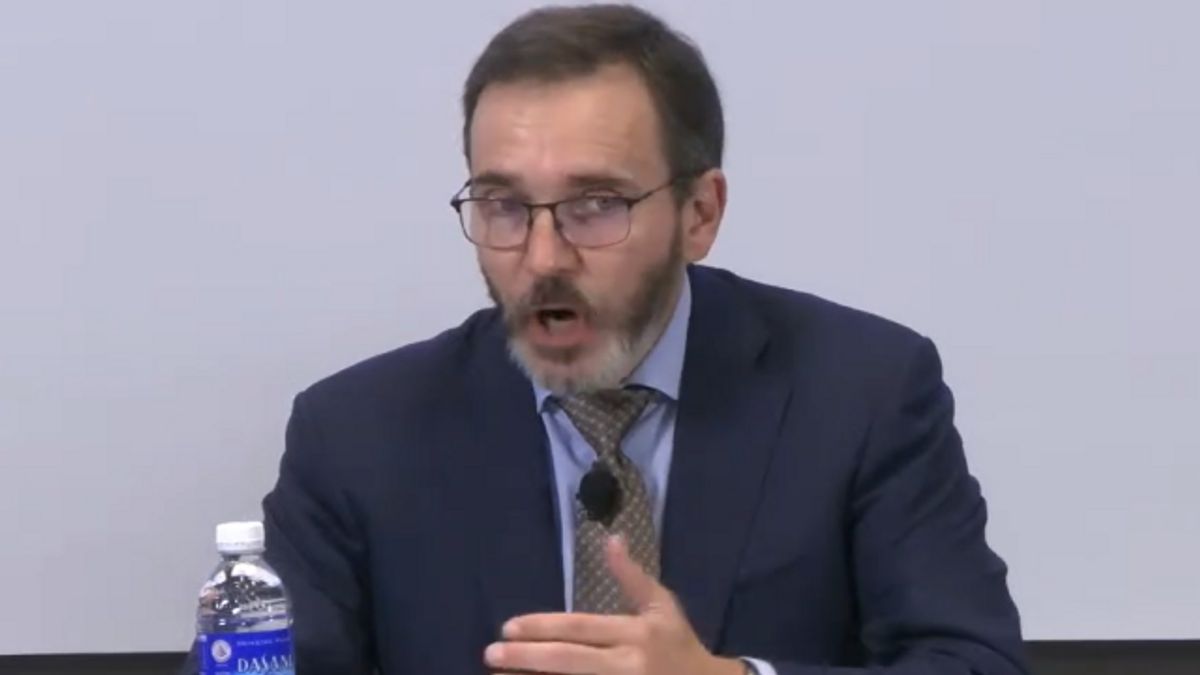JAKARTA - The International Monetary Fund (IMF) raised its projected global economic growth from 2.7 percent to 2.9 percent in 2023 thanks to the reopening of the Chinese economy.
"The rapid spread of COVID-19 in China is hampering growth in 2022, but the recent reopening has paved the way for a faster than expected recovery," said Chief Economist and Director Research Department Pierre-Olivier Gourunchas at a press conference "World Economic Outlook Update", quoted from Antara, Tuesday, January 31.
Global growth is estimated to reach 3.4 percent in 2022, while in 2024 it will reach 3.1 percent.
On the other hand, global inflation is expected to fall from 8.8 percent in 2022 to 6.6 percent in 2023 and 4.3 percent in 2024, still above the pre-pandemic rate, namely in 2017 2019 at around 3.5 percent.
He revealed that the increase in central bank interest rates to fight Russian inflation and war in Ukraine continues to weigh on economic activity.
From these estimates of economic growth and inflation, the balance of risks still leads to a risk of decline, even though it has been moderated since its projection in October 2022.
The risk of a decline is likely driven by the severe health risk in China that could hinder recovery, a possible increase in Russia's war in Ukraine, and tighter global financing could exacerbate debt difficulties.
In addition, Pierre continued, financial markets could also suddenly change in response to news of harmful inflation, while further geopolitical fragmentation could hamper economic progress.
However, there is a possibility of an increase from a stronger push thanks to demand that is hidden in many countries or a faster reduction in inflation.
"In most of the economy, amid the cost of living crisis, priority remains to achieve sustainable disinflation. With tighter monetary conditions and lower growth that have the potential to affect financial and debt stability, macroprudential devices are needed and strengthen the debt restructuring framework," he said.
Furthermore, he said, accelerating COVID-19 vaccination in China will protect recovery. Fiscal support must also be better targeted at those most affected by the increase in food and energy prices, so that broad fiscal assistance measures must be withdrawn.
Stronger multilateral cooperation is also very important to maintain the advantages of a regulatory-based multilateral system and to mitigate climate change by limiting emissions and increasing green investment.
The English, Chinese, Japanese, Arabic, and French versions are automatically generated by the AI. So there may still be inaccuracies in translating, please always see Indonesian as our main language. (system supported by DigitalSiber.id)













